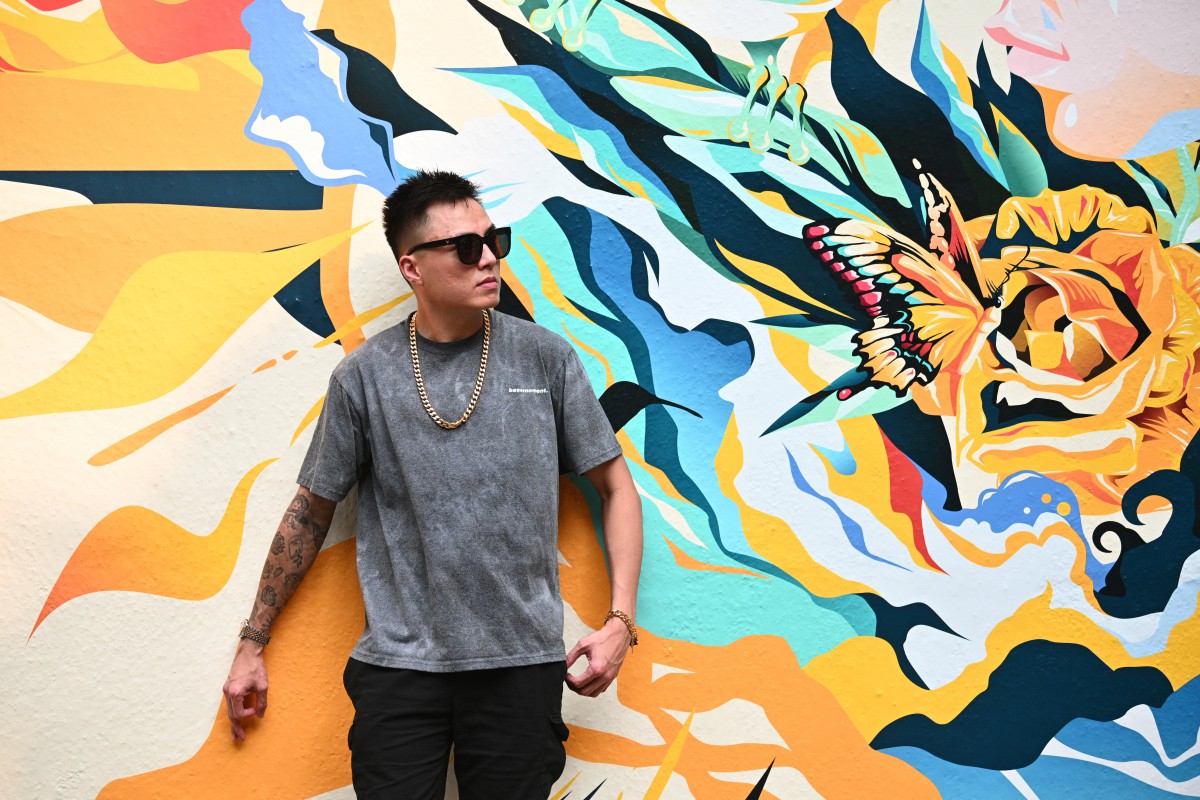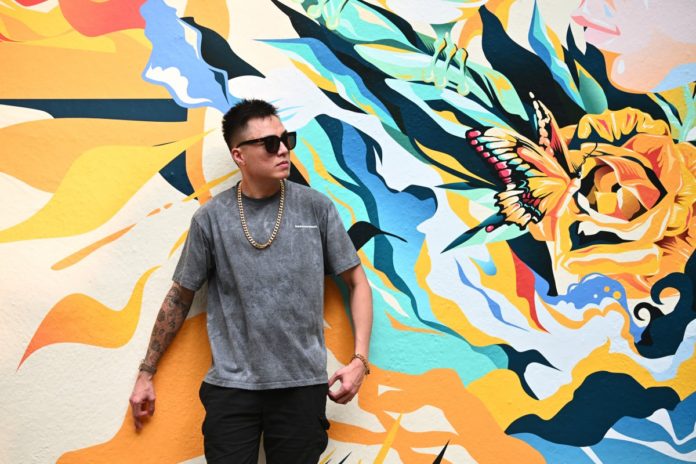WHEN Singaporean musician Joshua Su came out to his parents, he decided to use an unconventional method — he released a new track where he raps: “G-A-Y-B-O-Y OK”.
His song “I’m OK” recounts his struggles growing up in the conservative city-state, where depictions of homosexuality are censored and sex between men is technically illegal under a colonial-era law.
Su descended into depression and attempted suicide, highlighting the challenges of coming out in a country where public acceptance of homosexuality is increasing but activists say official policies perpetuate discrimination.
“At the time I felt that it was wrong for whatever reason,” the 34-year-old told AFP.
“Maybe it could be my Christian upbringing, or that society at that time depicted that it was wrong to like guys, or that there’s no such thing as liking guys in textbooks or magazines.”
SEE ALSO: Singapore’s Pink Dot marks 10 years of calling for LGBT rights
A song with a gay theme is particularly unusual for Singapore. While the city is modern in many ways, attitudes towards homosexuality are often criticised as outdated including when it comes to portrayals in the media and arts.
Films focusing on homosexuality may be hit with a 21 and over age rating while official guidelines on radio broadcasts forbid the promotion of gay “lifestyles”.
Su, known as The G3sha, believes his latest track will not air on Singapore radio. Instead his fans have accessed it online and through social media.
‘Am I sick?’
Despite the censorship, the government is tolerant of the LGBT community, with the city-state hosting a large gay pride rally every year.
Officials nevertheless maintain that Singaporeans are at root conservative and most would not be in favour of repealing the ban on sex between men, even though it is no longer actively enforced.
“This is a society which is not that liberal on these matters,” said Prime Minister Lee Hsien Loong in a 2017 interview.
Su blames the lack of representation of gay characters in the media in part for his struggles — he recalled not knowing how to handle his attraction to boys growing up, or even “what being gay was”.
Three questions that he would ask himself every day became part of his track: “Am I sick? Is this a disease? Can I be cured?”

Source: Anthony WALLACE / AFP
Su released the three-minute song through his own record label, accompanied by a music video shot in Singapore that featured his childhood photos and depicts the rapper holding his thumb and index finger in front of his eye in the “OK” sign during the chorus.
He went to an all-boys Catholic school, where he said going along with his classmates while they made fun of effeminate boys became part of his “defence mechanism”.
“Used to think that being gay was not okay/We laughed at all the boys, sissy, Ah Gua and gay,” he raps.
His attempts to hide his sexuality from everyone around him created a growing sense of isolation, which he says contributed to years of depression.
“There was no one for me to confide in and it became a very bad downward spiral,” he said.
“There was one day… I actually took maybe 20 pills, then I just went to sleep. So next thing I know I’m already in the hospital.”
‘No positive role models’
Su is not alone in his experiences.
Leow Yangfa, the director of Singaporean NGO Oogachaga, which provides counselling and support services to the LGBT community, says young people questioning their sexuality may have trouble finding support.
“For a lot of young people, there will be issues of invisibility, meaning that there will not be many or any positive role models of LGBT adults, whether in their community or in local media,” he said.
“In our local mainstream schools there is very minimal or insufficient appropriate sexuality education that covers LGBT issues.”
Su, whose day job is in marketing, has been based in Hong Kong for the last five years, where he said a more open society made him feel free to be himself.
SEE ALSO: Singapore: LGBT rally Pink Dot smashes local sponsorship target
After meeting others in the LGBT community, Su was able to accept his sexuality though he only told a small group of friends, who encouraged him to release his coming out track.
It was released earlier this month.
Su admitted being “quite anxious and nervous” about how his relatives would take it, especially members of his large extended family.
His parents messaged him and acknowledged that they had heard the song — but quickly changed the subject.
“So maybe (they’re) still not very ready to talk about it,” he said, adding: “But for me, I feel that in their own way they kind of accept it.”
Catherine Lai © Agence France-Presse





